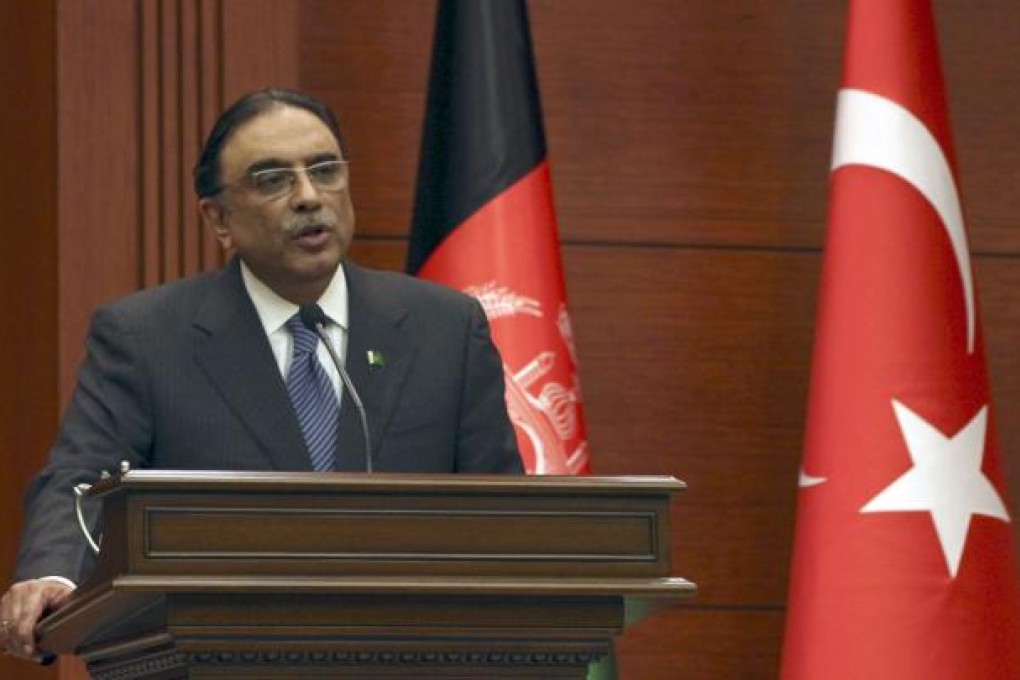Tax evasion in Pakistan is a way of life
Syed Fazl-e-Haider says the country operates on loans, as neither the rich nor officials pay

The rich in Pakistan continually avoid paying tax, leaving the government to depend on aid from other countries. Officials have developed an expertise in running the country on loans and donations. Elite groups of society are still out of the tax net in a country where fewer than 1 per cent of 180 million citizens pay income tax.
Tax evasion is also widespread among the ruling elite. A report recently released by an investigative Pakistani journalist, Umar Cheema, reveals that President Asif Ali Zardari and 34 of the 54 cabinet members did not even file tax returns last year, and Prime Minister Raja Pervez Ashraf paid just HK$20,150 in income tax. Not a single offender has been prosecuted for tax evasion in 25 years in the country.
Pakistan is among the countries perceived each year as the most corrupt. The country's ranking on Transparency International's Corruption Perception Index fell from 134th last year to 139th this year. The people have to offer bribes in their dealings with government institutions to access even basic public services.
Corruption has eroded efficiency in public sector enterprises, which have become a perpetual drain on the national budget. The nation is losing at least HK$395 million every day as a result of corruption and tax shortcomings, according to the country's National Accountability Bureau.
Rampant corruption in the government also discourages people to pay taxes, as they expect no return in terms of social welfare, social security and better health and education facilities.
Pakistan has one of the lowest tax-to-gross-domestic-product ratios of 9.1 per cent. Agriculture, which accounts for more than 21 per cent of GDP, is almost exempt from taxation due to political reasons. Taxing the agricultural sector could provide the government with badly needed additional revenue, but who will do it in the presence of feudal landlords and industrialists in the parliament?